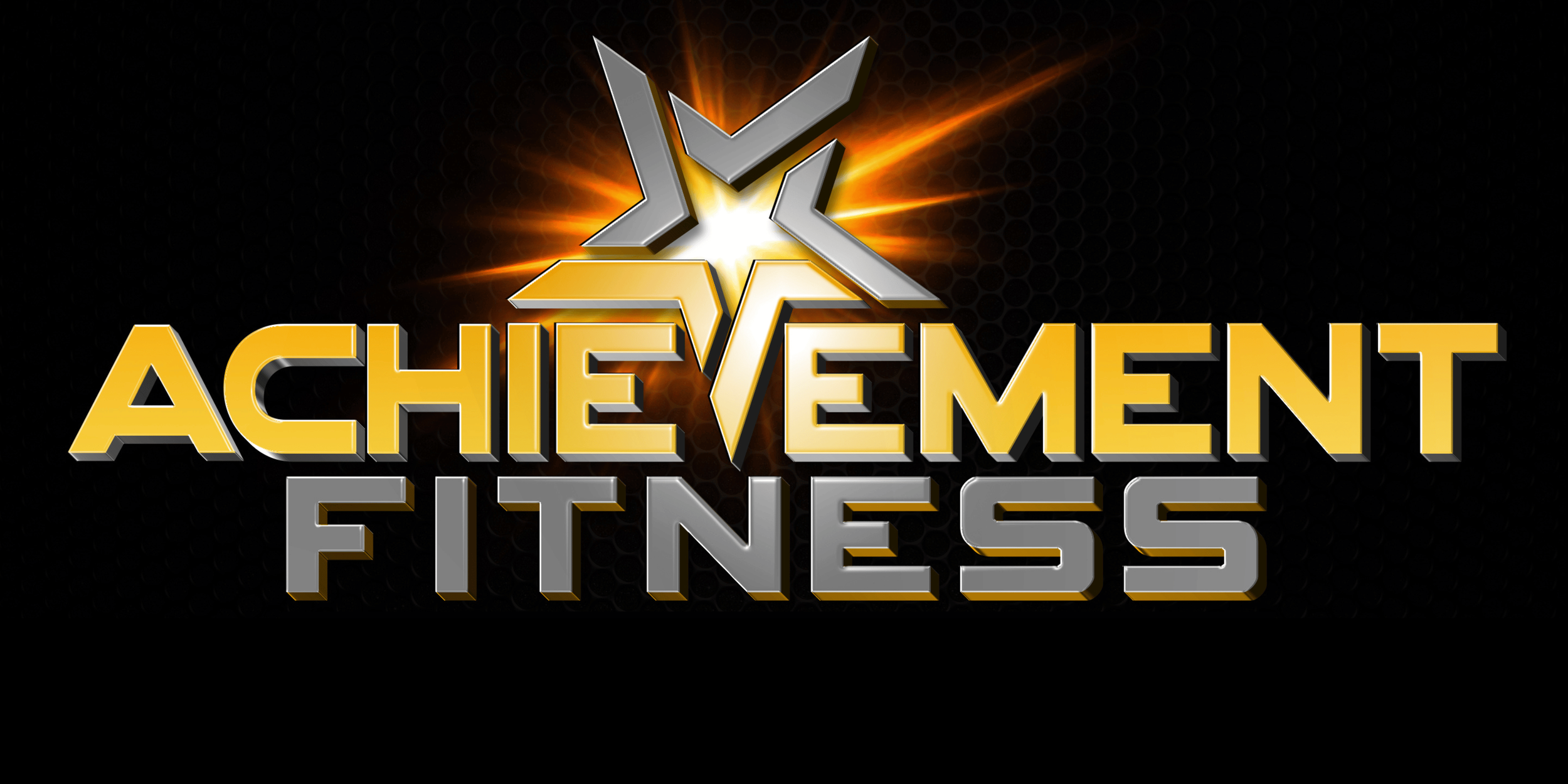Your Diet Before, During And After A Workout
Frequently Asked Questions
The success of your diet and your workout go hand in hand. It doesn’t matter whether you are a professional athlete or whether you have taken your very first step into the gym, your diet is of vital importance. Indeed, what you eat before, during and after your workout is a significant component of the success you will have.
“Good nutrition is an important part of leading a healthy lifestyle. Combined with physical activity, your diet can help you to reach and maintain a healthy weight, reduce your risk of chronic diseases (like heart disease and cancer), and promote your overall health.”
Let’s take a look at some frequently asked questions on the subject.
Q – What should I eat for endurance and energy?
For endurance and energy, you need healthy fats, lean protein and plenty of fluids. Your muscles will need to get quick energy from various carbohydrates. Additionally, you need protein so that your muscles can be oxygenated and nourished. Fluids are required to stay hydrated at all times.
Q – What specific meal should I eat before I work out?
There is no single recipe for something that you should eat before you work out. What matters is that it is low in fat, has a moderate amount of protein and carbs, that it is low in fiber and full of fluids. Finally, it has to have ingredients that your body is used to and can tolerate. Don’t try out something new before you work out and don’t have anything fried, greasy or carbonated.
Q – Why should I drink lots of fluids during my workout?
It is hugely important to stay hydrated during a workout.
“Water and electrolytes (sodium/Na+, potassium/K+, chloride/Cl, and others) serve very important roles in the functioning of the body, and sweating can lead to excessive losses of both critical nutrients if not properly replaced.”
Dehydration is bad for your performance and your overall health. How much fluid you lose, however, depends on a number of different factors. These include the type of exercise, where you do it and what you are wearing.
Q – Should I use sports drinks, or is water OK?
In most cases, water is more than sufficient. However, if you work out in a humid, hot place for more than an hour, you may need a sports drink instead. This does not just contain water but also carbs and sodium. Additionally, if you play a team sport that makes you sweat a lot, water may not be enough.
Q – Is it bad to exercise without having eaten?
Some types of exercise can be done on the morning on an empty stomach. Light jogs and brisk walks are examples of this. However, do make sure you first have a glass of water. If you are doing something more intensive, then make sure you have some carbs so that you have the fuel to sustain your body.
Q – Do I have to eat protein after a workout?
It is generally a good idea to have some protein after a workout.
“Signals are generated to tell the body to rebuild. However, without the proper protein and carbohydrate raw materials, this building can’t take place. You’ll be left with muscles that never reach their potential.”
The protein can come from any source as well. However, you don’t need more than 10 to 20 grams, or you will overdoing it. If such is the case, you could start to store fat.
Q – How do I choose a sports drink?
There are many good products out there and personal preference will be important. However, every 8 ounces of drink should have around 14 grams of carbohydrates, as well as 30 mg of potassium and 110 mg of sodium. If you want to lose weight, choose a “light” option. Energy bars should contain a few carbs, little to no fat and 5 grams of protein. Anything that claims to offer “energy” offers calories, so be very careful with these. Make sure you use a protein drink (always choose milk or whey) within half an hour of your workout.
Q – What about gels?
Gels are good for those who take part in endurance sports only. They offer concentrated carbs and offer fuel for long terms exercise. You must drink water with them to prevent an upset stomach.
Q – Should I carb load?
Carb loading means that you fill yourself with carbs before taking part in a sporting event. Very few athletes still use this strategy. So long as you have had the right nutrition during training, you won’t need to load on carbs before the event.
